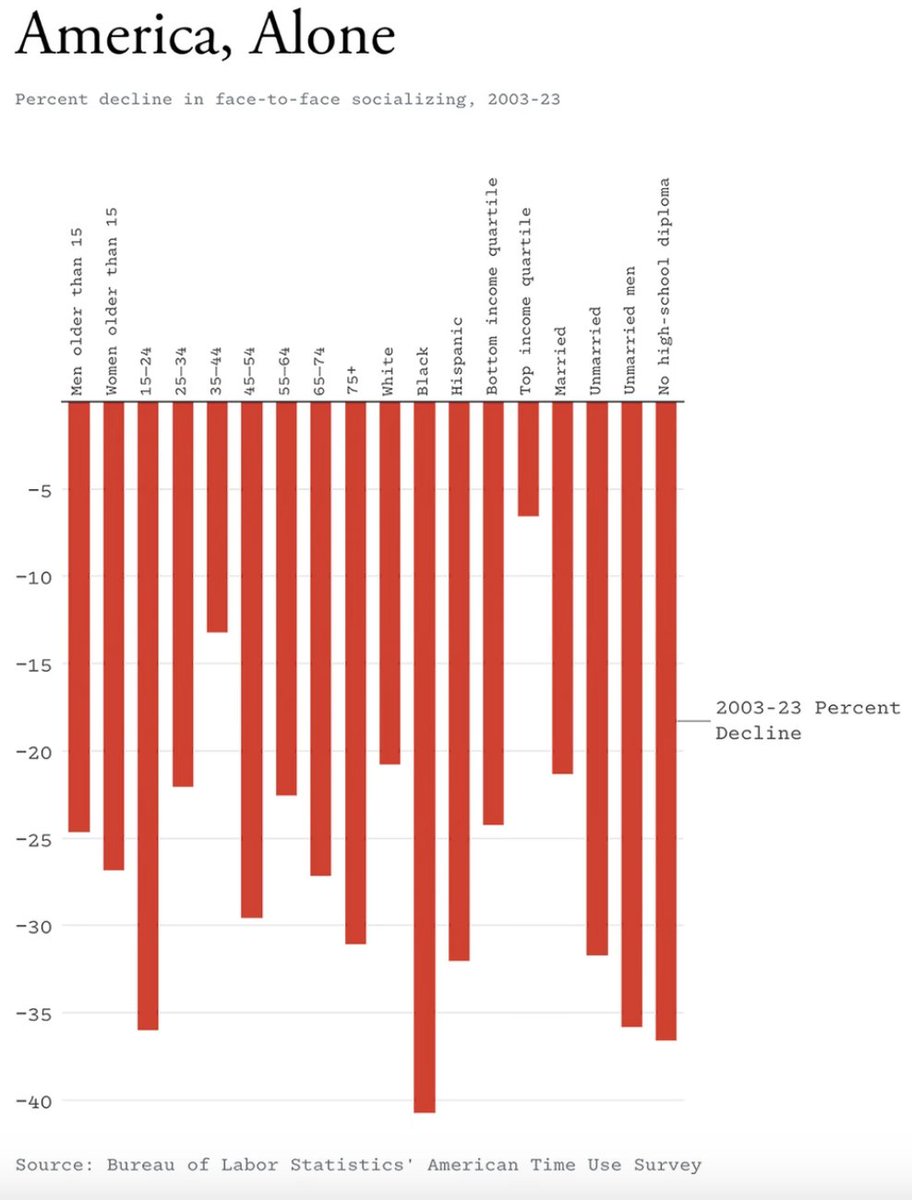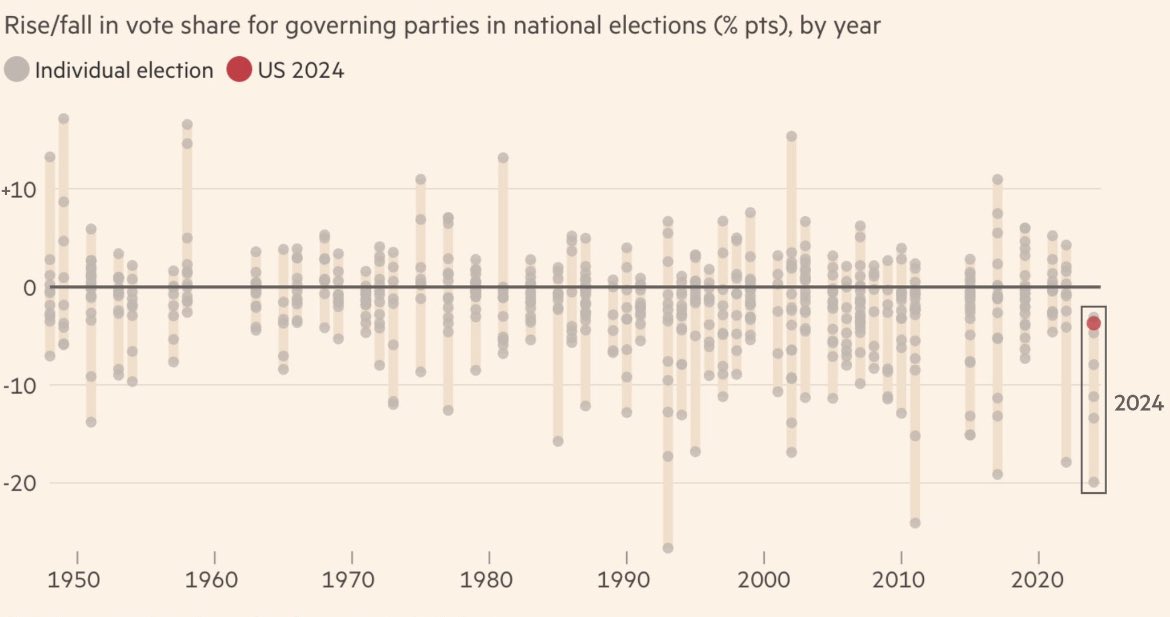One big-picture lesson of the cascade of failures from the CDC, FDA, and the great COVID test debacle is that American science badly needs a scientific revolution of its own.
Our 20th-century institutions aren't enough to guide 21st-century progress.
theatlantic.com/ideas/archive/…
Our 20th-century institutions aren't enough to guide 21st-century progress.
theatlantic.com/ideas/archive/…
This is a piece about Fast Grants—an Operation Warp Speed for scientific funding, from @tylercowen and @patrickc—but it's also about how Fast Grant's success is an important indictment of a big, broken scientific funding system. 

I've spent a lot of time the last few months thinking about the problems in the way we fund scientific discovery.
And I think one summary of that reporting is that American science suffers from 3 big paradoxes—of trust, expertise, and experimentation.
And I think one summary of that reporting is that American science suffers from 3 big paradoxes—of trust, expertise, and experimentation.
1. The trust paradox
People in professional circles like saying that we “believe the science." But the current grant funding apparatus doesn't really actually the best scientists in the world to pursue the research agendas that they themselves think are best.
People in professional circles like saying that we “believe the science." But the current grant funding apparatus doesn't really actually the best scientists in the world to pursue the research agendas that they themselves think are best.

2. The specialization paradox I
The U.S. education system takes great pains to train scientists to be monkish specialists—but professional scientists are typically forced to spent 25-40% of their time not doing science, but rather begging for money.
The U.S. education system takes great pains to train scientists to be monkish specialists—but professional scientists are typically forced to spent 25-40% of their time not doing science, but rather begging for money.

2 (cont). The specialization paradox II
This era of specialization has very likely coincided with a measured slowdown in scientific productivity.
This era of specialization has very likely coincided with a measured slowdown in scientific productivity.

3. The experimentation paradox
The first scientific revolution was, in large part, a revolution of experimentation. But the current scientific funding system is the opposite of experimental. It is the bureaucratic extension of a post-WWII hypothesis about how science should work
The first scientific revolution was, in large part, a revolution of experimentation. But the current scientific funding system is the opposite of experimental. It is the bureaucratic extension of a post-WWII hypothesis about how science should work

The pandemic was a reminder that much of human welfare is downstream of scientific progress.
We shouldn’t have to depend on 20th-century institutions to guide 21st-century progress. The lesson of Fast Grants is that we don’t have to.
theatlantic.com/ideas/archive/…
We shouldn’t have to depend on 20th-century institutions to guide 21st-century progress. The lesson of Fast Grants is that we don’t have to.
theatlantic.com/ideas/archive/…
• • •
Missing some Tweet in this thread? You can try to
force a refresh























